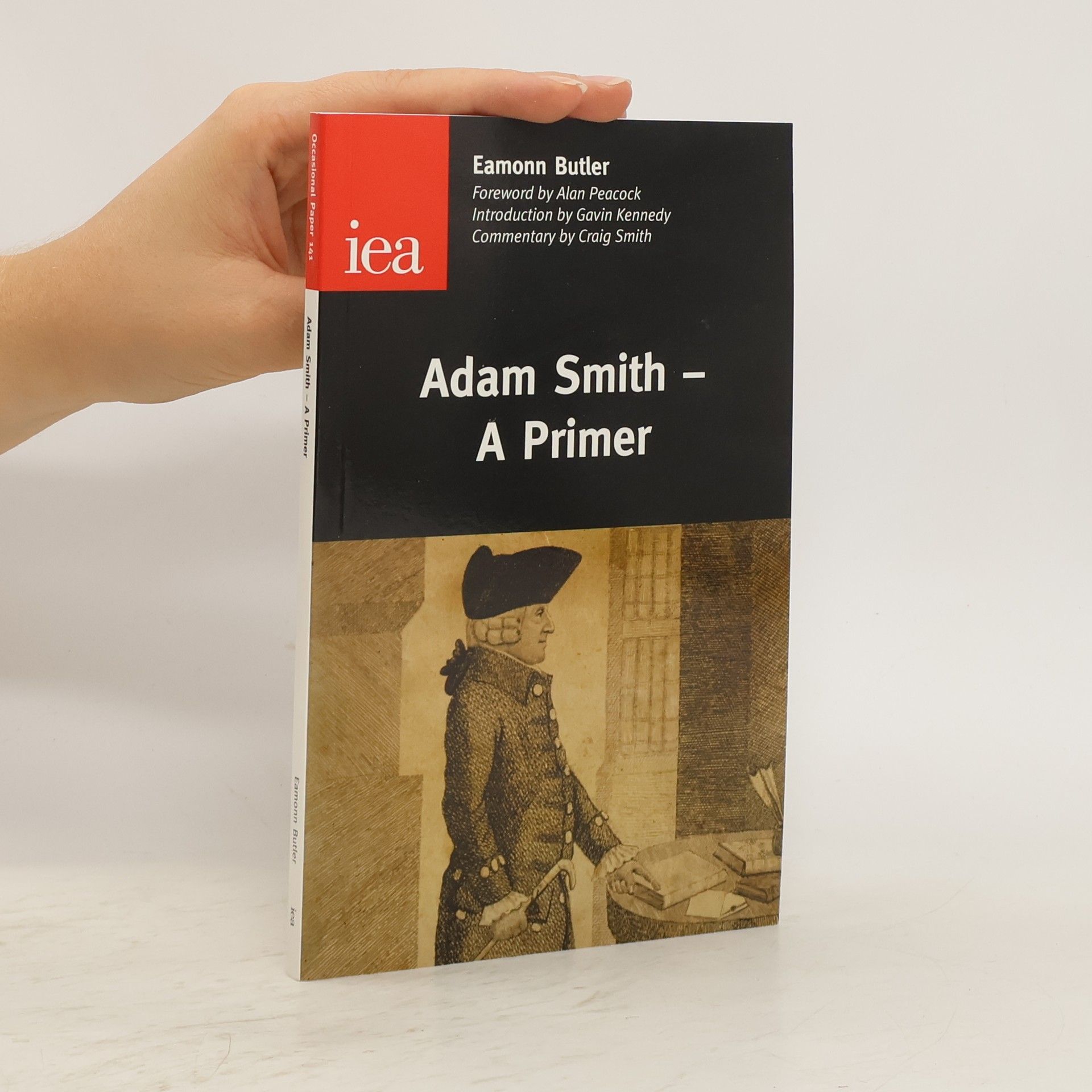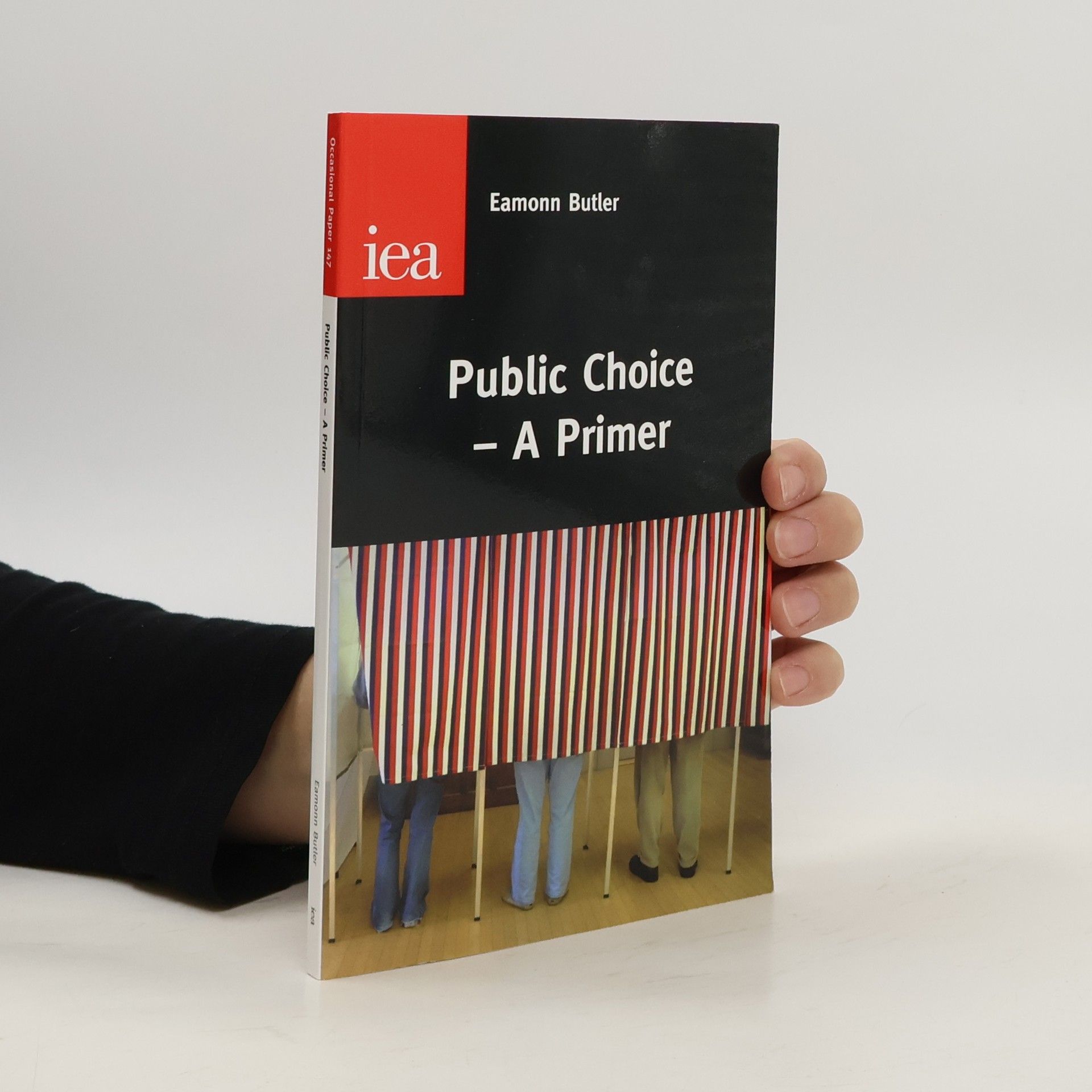An Introduction to Democracy
- 140pages
- 5 heures de lecture
What is democracy? How does it work? What are its strengths - and its shortcomings? Two-thirds of the world's population, in over 100 countries, live under governments that claim to be democratic. Yet few of those governments live up to the ideals of democracy, or respect its key principles and institutions. Here, author Eamonn Butler defines democracy, explains its purposes, and shows the difference between genuine democracy and the many sham versions that currently exist. He outlines the history of democracy and the benefits it brings. But he also points out the many myths about it that blind us to its limitations. And he explains why it's important to have a clear understanding of democracy - and how easily it can be lost or abused when people do not properly understand it. Importantly, he asks why so many people today have become disillusioned with democratic politics - and what, if anything, can be done about it. This lucid and fascinating book provides a straightforward introduction to democracy, enabling anyone to understand it - even if they've never experienced it.









